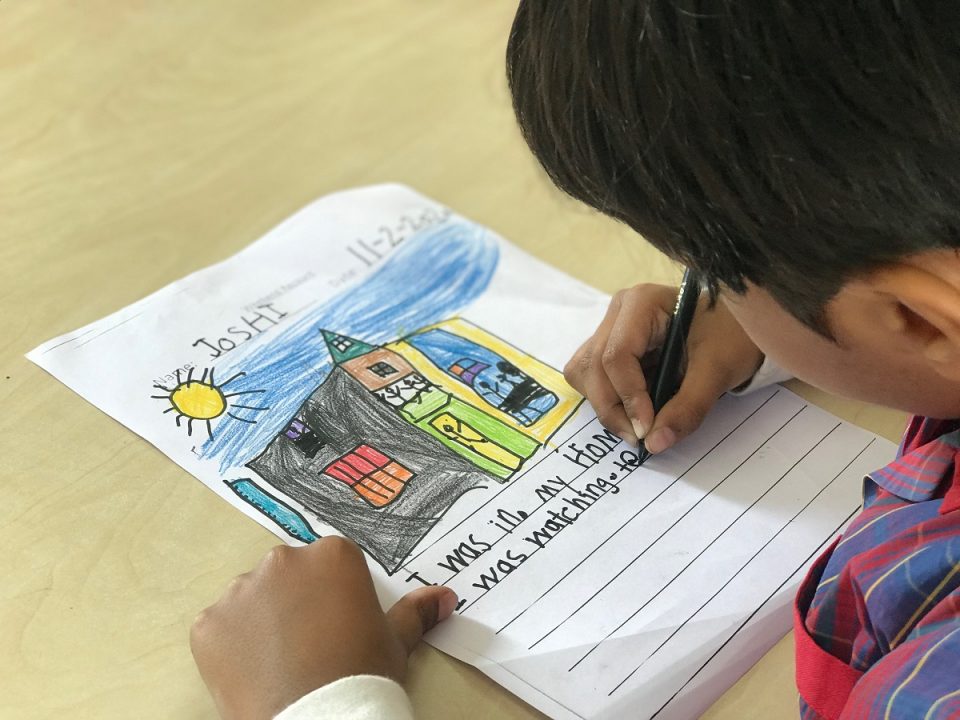- Call/Whatsapp: +91-9372801276
- Mail us: info@viverointernational.com
Literacy begins at birth and builds on relationships and experiences that occur during infancy and early childhood.
Introducing a child to books at an early age contributes to a later interest in reading. It takes intentional planning to provide meaningful early learning experiences on which to build literacy skills. Following a child’s lead provides a wealth of information about what will be most interesting and motivating to a particular child. Incorporating familiar and favourite objects, people, and activities into early learning experiences is essential to achieving positive results.
These literacy skills begin early on as young children learn to use verbal and nonverbal communication patterns, including speech and sign language, to express themselves. Parents and other primary caregivers often understand these early attempts at communication best. Along with language development, it is important to note that children build their vocabulary at this stage. Children learn new words by way of reading books and communicating with adults in their environment. Studies have shown that the larger a child’s vocabulary, the quicker they will learn to read, as they are already familiar with more of the words they will encounter in the process.

Experimental writing is another critical early literacy skill. Children’s first efforts at writing typically resemble scribbling, but children usually know what they have “written” if you ask them! Often, the first legible marks are letters in the child’s name. When children do not have access to writing materials, they may enter Kindergarten not even knowing how to hold pencils or crayons!
As children begin to understand that print on the page stands for something, they are developing what is known as “print awareness.” When children begin to develop this skill, they may hold a book correctly, even though it is upside down and backwards, for instance. As these skills progress, they will know where a story begins and ends, and learn that text is read from left to right. There are many activities parents and child care providers can do to support children’s emergent literacy skills. Talking with children, reading to them, signing, playing games, saying nursery rhymes, playing word games, having access to writing materials and books, and taking them to the library will support their literacy.
As educators and parents, we are the best resource in the child’s immediate setting to support their language and communication development. They attempt conversations with adults in order to listen to the various ways in which they can model the language and introduce new words. They learn language better when they’re engaged with things that fascinate, challenge and excite them. It is important that children get to hear and say new words often, as this enables them to strengthen the connections in their brains and keep building their vocabulary. Practically everything we do with children in an early year setting or the preschool phase is an opportunity to guide them through the path of success in adulthood!
